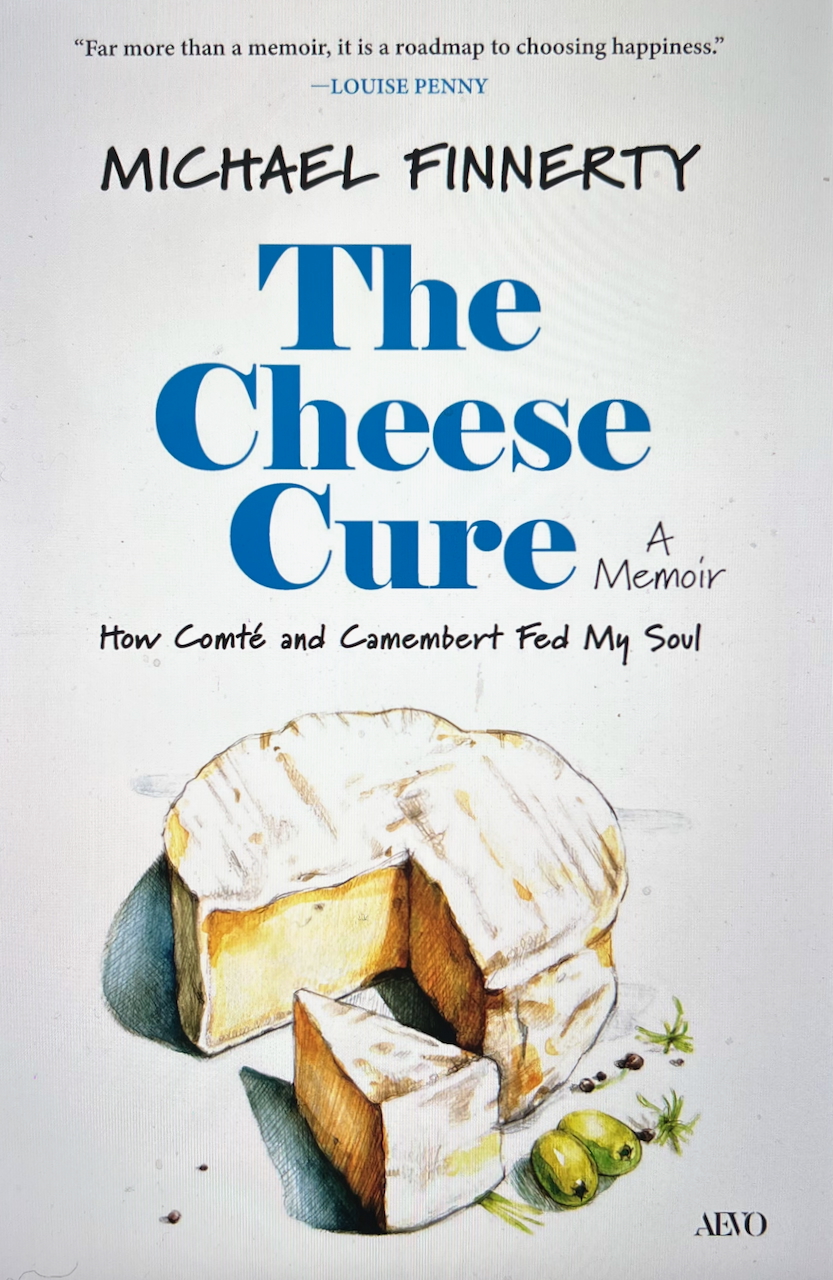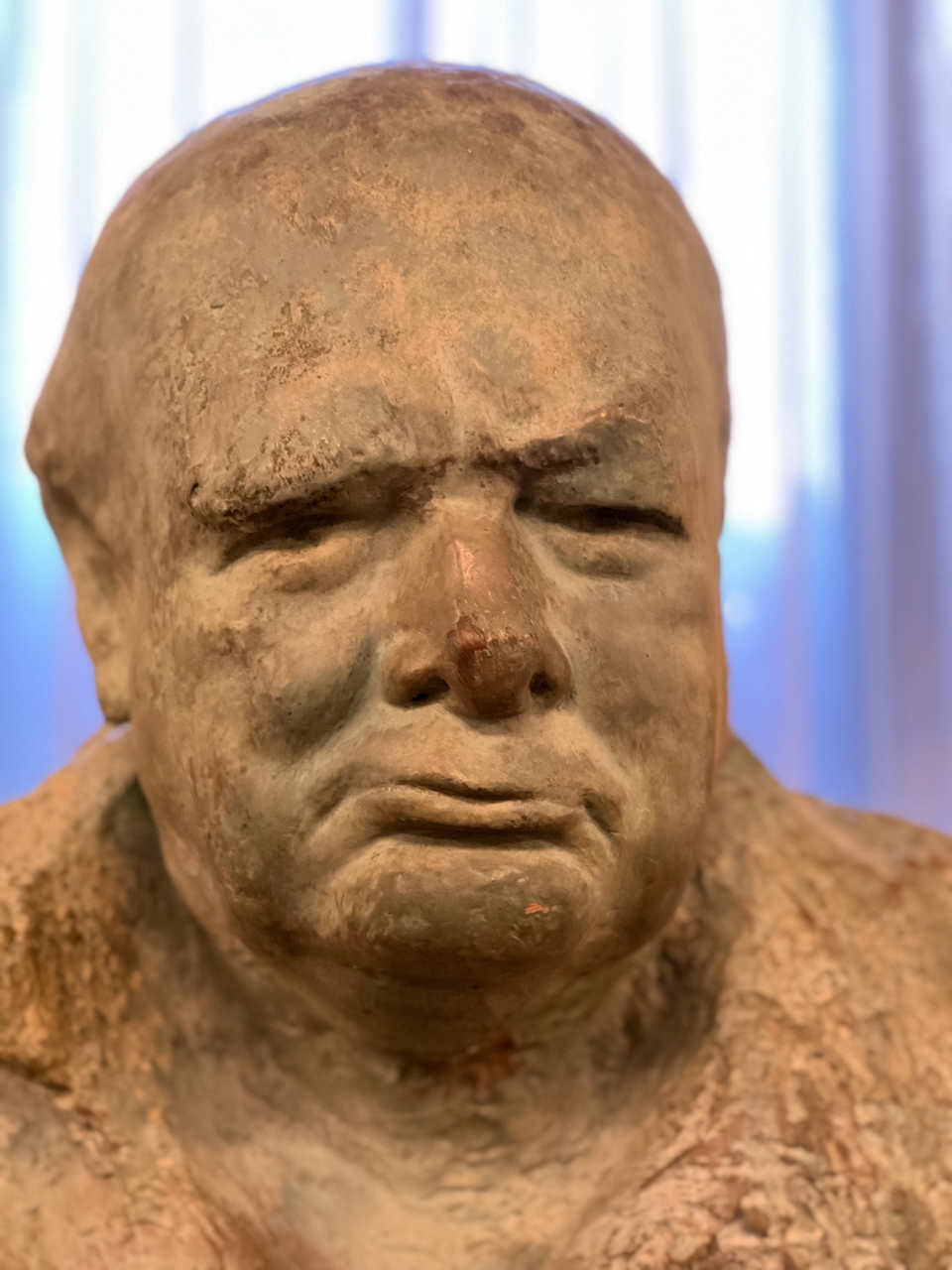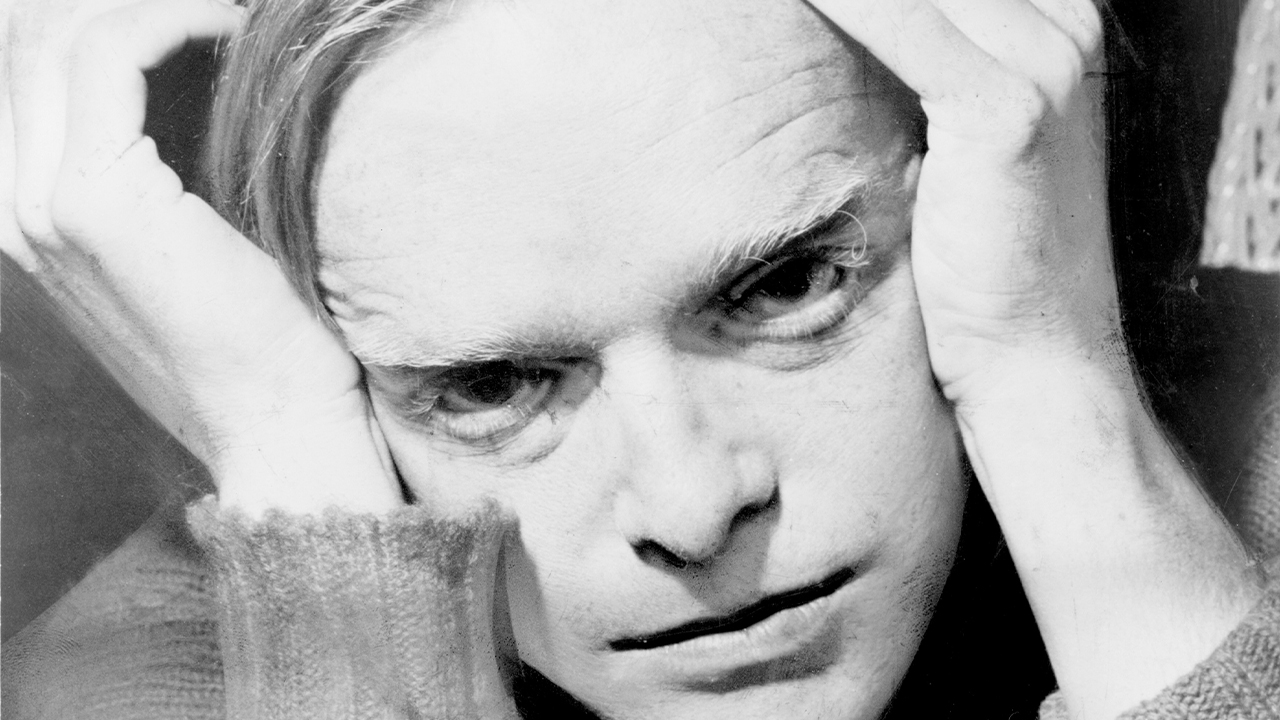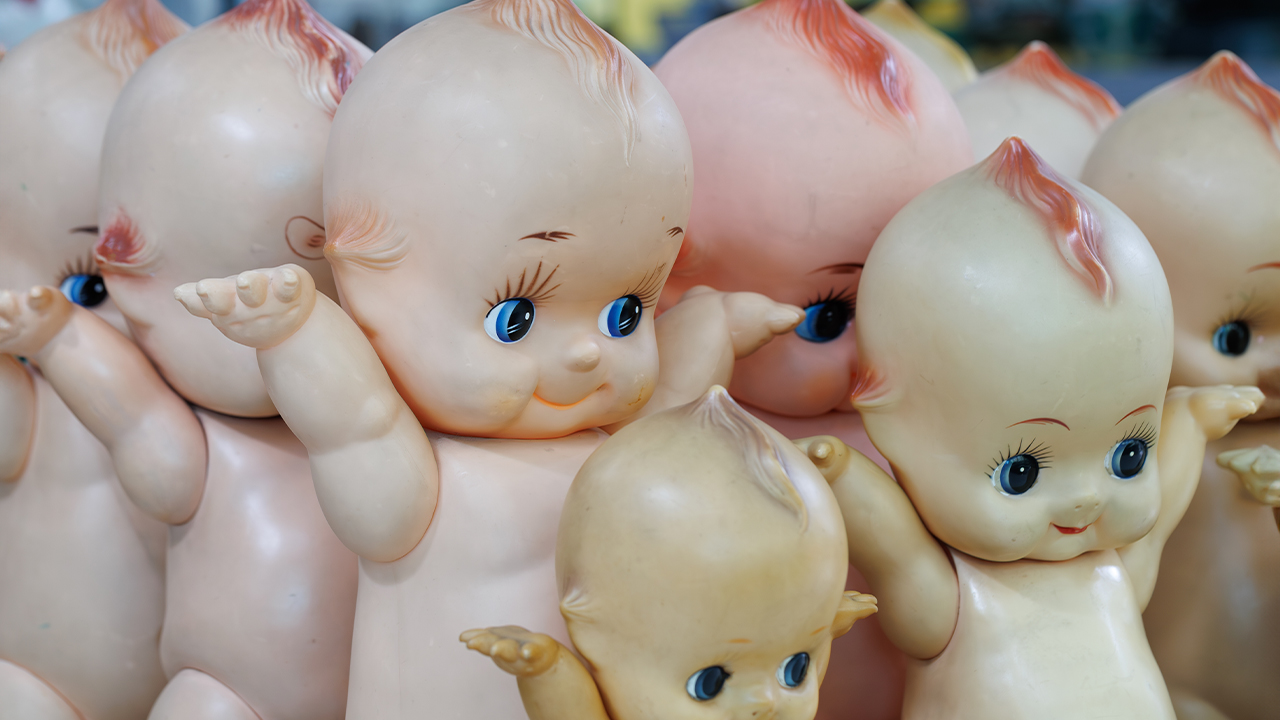My Mother the Book
Writing, freedom, reality, and learning to see.
June 10, 2022
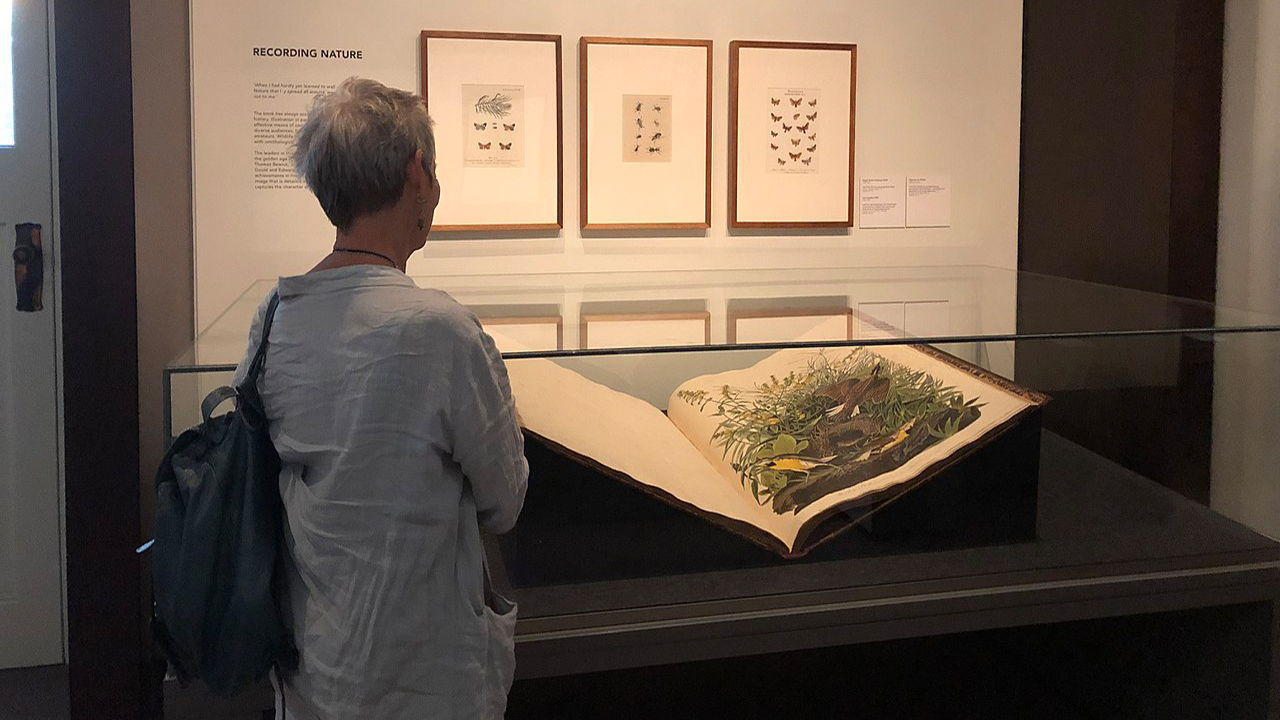
“Why is this thus, and what is the reason for this thusness?”
—Abraham Lincoln, in the Spielberg film Lincoln (2012), quoting Artemus Ward’s “Egyptian Hall Lecture”
• • •
It is hard to exaggerate the sense of freedom I felt as a boy in Little Egypt. Summer mornings our cats would be sleeping off their nighttime restlessness, and the dogs would be friendly and interested as I got up and went out to the carport, where I sat early and late. The soft air would soon be lost to heat and humidity, and I can still smell the dry rot, dirt, and leaf mold behind the house and feel the cool concrete under my feet. There was nothing doing at home, and summer days were long—a sentence and a gift.
I tried to delay heading over to my friend Eric’s house, where I spent most days. His family lived out where the subdivisions ended and a few farmhouses still stood under ancient oaks, surrounded by fallow pastures. In addition to the house his father had built, their property held a large auto shop and a patch of woods cut with trails. Eric had a horse, rabbits, a dirt bike, and BB gun. Sometimes we played frisbee for an entire day, or built and painted model rockets, if it rained, and launched them later from a field near the highway into town. We might ride our bikes out on the dirt road to an abandoned strip mine, or play dart-gun tag or horse tag in his woods, or run around in the sandlot next door, owned by his uncle, or play pinball in his uncle’s all-wood skating rink that smelled like heat.
At the end of a hot, sweaty day, I would have gained nothing more than experiences, a marrow-deep kid fatigue, the prickle of sunburn, and (once) a chipped tooth under a disused tractor-trailer.
All that diversion was just a quick ride away on my Sears 10-speed, even if some of the roads were deep in crushed stone. Impatient with my own boredom, and anxious I might have to tag along with my mother in the small-town stores, I asked permission to go. She asked if I thought Eric was even up yet, and I said sure.
The soft air would soon be lost to heat and humidity, and I can still smell the dry rot, dirt, and leaf mold behind the house and feel the cool concrete under my feet. There was nothing doing at home, and summer days were long—a sentence and a gift.
Inevitably I got there too early and stood around looking at the HO-scale train set laid out on sheets of plywood on sawhorses in his backyard. The power was not on, so all I could do was imagine running it. Birds sang; squirrels dug; the gnats began to bite. It was embarrassing to knock too soon and have to ask his mother to wake him up but soon I did so the fun could start.
• • •
“We are all from somewhere. And it’s the artist’s job to question the values that went into the making of that somewhere.”
—Hilton Als, in his foreword to Joan Didion’s Let Me Tell You What I Mean
• • •
Reality was bigger than my story allows. My midwestern hometown was founded in the nineteenth century, not coincidentally as the last of the Native American bands disappeared in the region. The soft coal below it fueled the rise of both Chicago and global temperatures. The town was a hotbed of progressive, even radical, values, then it was not. It was home, though I might have wished home provided more opportunities than mere existence. My father was gone, a guilty verdict on our future, and my mother, a teacher, was out of work and would be bound for the washing-machine factory line in old age.
I cannot remember what I might have had to eat on a summer morning, because the stove quit when I was little, and the oven was never anything to me but storage. The fridge worked, for a while, because I remember pulling the door open to be able to see at night when no other lights worked in the house. After the fridge quit too, warm, greasy blocks of Colby cheese were stored in the oven with the bread. We were on food stamps for a while, ate a lot of Dairy Queen specials, and visited relatives at mealtimes and holidays. There must have been more to it than that, but I cannot remember a meal in that house after I was maybe eight, except some Spam that burned black in a toaster oven and filled the place with smoke. I am pretty thin in high school photos.
The reason I got up early was that humid nights in that land between the rivers often never cooled off, and it was impossible to sleep well. Mosquitoes came in through holes in our screens and whined and bit all night. Rain poured through our roof and ceilings, the toilet was falling through the floor, and ignorant armies of roaches emerged from under cabinets and spilled from drains to eat the animal waste on the darkling floor and lay their eggs.
My midwestern hometown was founded in the nineteenth century, not coincidentally as the last of the Native American bands disappeared in the region. The soft coal below it fueled the rise of both Chicago and global temperatures. The town was a hotbed of progressive, even radical, values, then it was not.
I have questioned the values of my somewhere many times but continue to wonder at their complexity. Does it put the lie to my claim of good times and freedom? Can idyll and squalor be contained in one narrative?
• • •
I have come to think of reality as an ocean on the other side of the continent. A writer might walk to it (no transport exists) by terrible devotion, crossing mountain ranges and swimming other bodies of water that falsely raise hopes. Having finally arrived, they might splash in reality briefly as it heaves and wobbles the planet, but when they fall asleep on the beach they wake up back in the place they started. We do not bring reality home in a sandy pocket. There is too much of it, and it is too fluid.
There are simpler ways to write, of course, without going to all that trouble. We can fill in the blanks on predetermined forms that say easy things, that sell, intimidate, flatter the status quo. One kind of narrative ends happily with spasmodic muscular release that readers feel in their gametes. Another is excited to tell you that a new generation of small engines will be used in both war drones and your suburban lawnmower. There are narratives of “alternative facts,” of jealously-guarded “my truths,” of “most clicks wins.”
The first problem of writing may be not in seeing, but in cynically or pollyannishly ignoring what is. A problem several problems down the path is widening the gaze until everything simply is, all made of the same stuff acting on itself. What do you include and what do you leave out of the frame?
I have questioned the values of my somewhere many times but continue to wonder at their complexity. Does it put the lie to my claim of good times and freedom? Can idyll and squalor be contained in one narrative?
There cannot be a painting the size of the universe. But I would like to make a story good enough, on some given topic, that I did not have to keep circling back to try to get it right.
• • •
My mother was responsible for the poverty and degradation of my childhood. It makes me feel a little sick to say that for the first time, even at my age, and even though she has been buried next to her own parents, born in the 1880s, for almost twenty years.
Why did I refrain from judgment? Squeamishness about accusing any mother or woman, I suppose, especially one left to raise a child alone by her husband. I have made excuses for her due to the sexism and gatekeeping in our small town. I have meant to understand why she could not bring herself to leave what remained of her once-influential family, why she could not stop rescuing stray animals and keeping them all in the house, or never took them to the pound where they might be put down. The way that she tried to restrict my friendships was explainable, I used to think, because she did not want word of how we lived getting out, risking the state stepping in, and her losing me. There was a lot of fear involved. I have ever only shown this in oblique ways. But there is more to the reality.
My mother was almost always calm—when she became angry she just got quieter, until the explosion came—but she had a direct gaze, a bent to judgement, and a roaring dark comic sense that could be scathing and precise. She saw people for who they were and understood the dangers in them that even they did not even know they contained. She was friendly, even to strangers in strange places, and liked to strike up conversations wherever she went. But when people started to lay a trip on her, manipulate the situation, exert power of any kind, even in banal ways such as hypocrisy, she cut them off quickly, often with a sharp comment. Having heard her description of someone, they became that thing, forever. People did not like to be made aware of themselves like that. She refused to follow, though she admired many, and hated authority. I suppose she was often disappointed.
A beauty in youth with the spirit of a most-loved child, she could have been any of the women she admired—writers, photographers, actresses, a diplomat. She was educated but also spent her life noticing, thinking, and forming opinions she checked against reality. She was from the best common stuff but was compressed, a brilliant soul in a small setting. Any writing about her would be a lie that left out her love of reading, travel, nature, animals, art, and food.
My mother was responsible for the poverty and degradation of my childhood. It makes me feel a little sick to say that for the first time, even at my age, and even though she has been buried next to her own parents, born in the 1880s, for almost twenty years.
Her strength was both poise and pose, and her independence had to be on her own terms, because no one else cared about her terms but me. She had no standing, within a few years of my birth, socially, financially, professionally, or personally. Truth is, she may have felt a kind of freedom in not working for years, not having to deal with people, puttering in her ruined house and curating her family junk.
But none of this means anything about her responsibility for our squalor. She could have borrowed money from her wealthy brother and gone for a week to St. Louis or Chicago to find a job she was suited for, then borrowed seed money to move us there. She could have read a book in the library on patching a roof. It was not that she could not see our living conditions or that she did not suffer by them as I did. But how could she not do something about them, if only for her child’s sake?
For a long time how we lived was simply something we shared, as we shared so many experiences and conversations and laughter. When I became a teen and started to rebel against those conditions, I showed myself to be someone no longer willing to share, which was a danger I did not know I contained. She told me I was wrong about our conditions and demanded to know why I always looked unhappy. (It was usually the frown of an uncorrected malocclusion.) In the escalation between my seeing and her denial, she said and did things that created an estrangement between us that lasted the rest of her life, almost twenty-five years, which she spent mostly in that awful house alone.
She left me with a not-insignificant sense that anything I write is a privilege misused, that I should be elsewhere, doing something more important, a feeling that hits just as I have seen the essence of something real and begun to apply my life’s experience and long devotion to craft to portray it.
In old age her judgment failed completely, the worst possible treason, and since she knew primarily by emotion she knew by fear: the garbage men stacked the cans to send her messages; I was shooting heroin because she saw the needle prick from my blood donation. The most comical incident was when my wife’s parents came to meet her. My mother, visiting from the nursing home, had always made a weird clucking noise with her tongue on the underside of her lower lip when she thought there was some sort of hanky-panky going on, and she, withered and in the grip of dementia, made the noise at my aged father-in-law, who had terrible emphysema and was just sitting down next to her on the couch to catch his breath.
My mother was a woman who could point out with smug amusement, when I was a teen, that I was getting lumps in my pants watching Vivian Leigh in Gone with the Wind. She was a woman who taught me to see and then drove me out for seeing, into the world where I would see more. I think she admired my escape from her, and the wealth of experiences I had, such as becoming a soldier in order to pay for college, though if she were alive today she would probably also decry them as toxic, so much like something my father and other men would do. She left me with a not-insignificant sense that anything I write is a privilege misused, that I should be elsewhere, doing something more important, a feeling that hits just as I have seen the essence of something real and begun to apply my life’s experience and long devotion to craft to portray it.
I also must bear that I left her flat. During her lifetime I was still struggling with career and had little to give. It was part of her hard poise that she never tried to reconcile, never asked favors, but that felt like a kind of meanness too; I might have done something. In my own life I have found it hard to retain how awful I have been at times, though I can hang on like a son-of-a-bitch to how badly other people have behaved—just as she did.
• • •
In some ways, my sense of freedom now exceeds that of my childhood’s, because I have learned, worked, and gathered resources in the meantime. I have less uncertainty too, if only because there is less time left. But I want to use my freedom and craft to reach something I can only intuit is there at all.
If we could get consistently closer to reality, what would there be to say? Would narratives stripped of sentimentality and wish-fulfillment just be lists of things and traits and people speaking random dialogue?
Widening the gaze is possible only by a certain privilege afforded by inclination, education, practice, and resources—especially time. It is also an act of will. Without knowing this to be true either, I hope it might result in compassion, moral imagination, forgiveness. In the end, what can we do but acknowledge what is?
I carry her wherever I go but am prepared to sleep rough and not have the money to eat. She is a book to carry to medical appointments where you fear the outcome.
And what is?
“The human mind is a box with no tangible lid, sides, or bottom, and still it is a box, and there is no earthly method of getting out of it and remaining in it at the same time,” says Nabokov.
James Wood: “[B]ecause Chekhov is undogmatic, he must admit that freedom is not attractive, and that it frightens us. Perhaps freedom is only the freedom not to exist?”
• • •
“Almost any story is certainly some kind of lie, but not this time.”
–Orson Welles, in They’ll Love Me When I’m Dead
• • •
My mother is a book, filled with glorious, marvelous events. She portrays them vividly, dissects their figures, illustrates worlds far beyond our town. Her spine is stiff, but she is brittle, easily damaged, missing pages. She has taught me much of what I know how to know, including love and bitterness. The book of her has been a great comfort at times, because she is the only mother I will ever have, as she said many times. I carry her wherever I go but am prepared to sleep rough and not have the money to eat. She is a book to carry to medical appointments where you fear the outcome. Sometimes I set her down next to me on a public bench on a cool sunny day and choose to call a friend instead. Sometimes I forget her and go for a walk that empties my mind mercifully. She is still there when I get off the trail.
• • •
Writing is an ethics of representation—seeing, making judgement, saying it in a way that lasts. Even forms that do not seem to take the wide view are informed by it. Kobayashi Issa (1763-1828), translated by Hass:
Mother I never knew,
every time I see the ocean,
every time…
• • •
One day a writer who has passed through the stages wonders anew: what should be shown? What has been shown by him? His work is synecdoche or metonymy to himself, but he is interested to see if he has gained some new obligation—to be joyful, as one friend puts it—or some new freedom, which might turn out to be the same thing. That would be interesting, but it is not the piece I set out to write.
